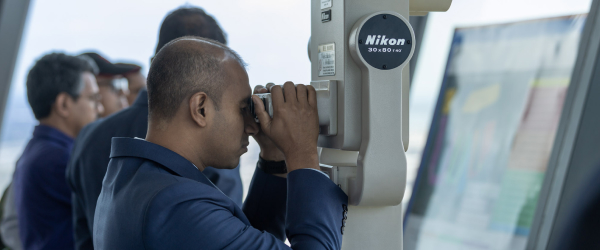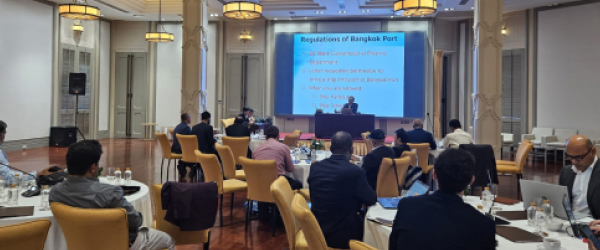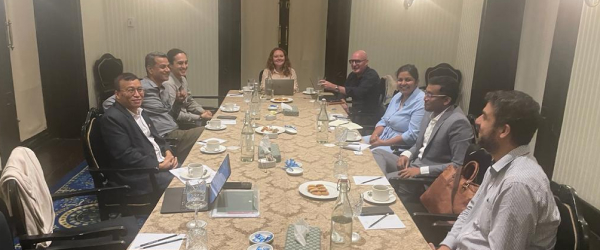
The World Bank group is responsible for working with governments and the private sector to promote partnerships, engagement, financing, support public investments and inform policy on the programme.

The World Bank works primarily with governments in the region to identify and prepare projects suitable for World Bank loan financing. As part of SARIC, it will facilitate the provision of technical assistance, undertake analysis of regional connectivity issues, support new and existing platforms for cross-border consultation, pilot approaches that enhance project-level delivery and encourage private sector participation, and mobilise knowledge products to inform planning and execution of connectivity projects.

IFC works with governments and the private sector to promote private sector-led projects and public-private partnerships (PPP). Under SARIC, IFC will develop openings for the private sector to participate in infrastructure investment through a range of activities, including diagnostic and scoping studies, market assessments, and building client capacity through technical assistance.


Training and Networking Services (AUD $10 million): The training component methodology under SARIC emphasizes on regional cooperation and networking both within South Asia and between South Asia and Australia. Training and Networking Services (TNS) under SARIC provides support for senior regional decision makers in the infrastructure sector, covering private and public sector officials, academics, and senior civil society members. Palladium manages the TNS through its office in Gurugram, India.
Palladium complements the World Bank and IFC in building capacity of individuals working in the energy & transport sector across South Asia, provides professional development to policy makers, and manages regional networks of professionals to encourage learning and application of new ideas. Palladium will also build and foster links between professionals in the region and sources of expertise in Australia by connecting with Australian Universities, Training Providers, sectoral specialists, key government and private sector agencies.

The training component covers technical content relevant to individuals working on the preparation of specific projects as well as general course work covering regional integration, best practice in planning, financing, and implementation of infrastructure projects. The capacity building training include G20 principles in infrastructure development, including gender considerations, climate change and disaster resilience, and the importance of inclusive planning in infrastructure projects.
DFAT leads the Australian Government’s global alumni engagement efforts with government partners in Australia and throughout the diplomatic network. The Australia Global Alumni Engagement Strategy 2016-2020 takes an inclusive approach to Australia’s global alumni, recognising the two-way flow of Australia’s international education. Alumni contribute in many ways to Australia’s influence and standing in the region and globally. Networking under SARIC, will strengthen engagement with key institutions, foster international linkages, promote dialogue with industry and the private sector, showcase Australian innovation and expertise; all in line with promoting deep linkages between Australia and the South Asia region.


A Monitoring & Evaluation (M&E) specialist coordinates among all the program partners; the World Bank, IFC and Palladium; to ensure the effective and efficient implementation of the approved M&E Framework. Adam Smith International is the M&E Coordinator for SARIC.